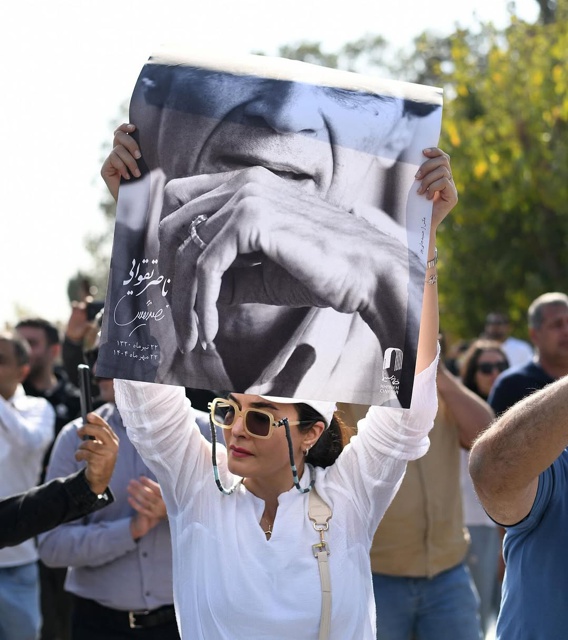He believed cinema should reveal contradictions, not conceal them. He disliked commercialism, celebrity culture, and the use of cinema as propaganda. To him, filmmaking was an ethical act — an artist’s dialogue with conscience and history. His characters often wrestle with moral fatigue — teachers, soldiers, or writers who feel the erosion of meaning in their lives. In Tranquility in the Presence of Others, the protagonist’s mental collapse mirrors the moral disintegration of an entire generation that lost its direction amid authority and hypocrisy.
Even when he wasn’t making films, Taghvai shaped the direction of cinema. He influenced a wide range of directors — from Bahman Ghobadi and Rakhshan Banietemad to newer voices in independent cinema — who cite him as a model of artistic courage. His disdain for shallow nationalism or state-sponsored art made him both admired and marginalized. Taghvai left behind several unproduced scripts — including adaptations of Ahmad Mahmoud’s “The Neighbors” and other literary works that explored class, identity, and moral collapse.


